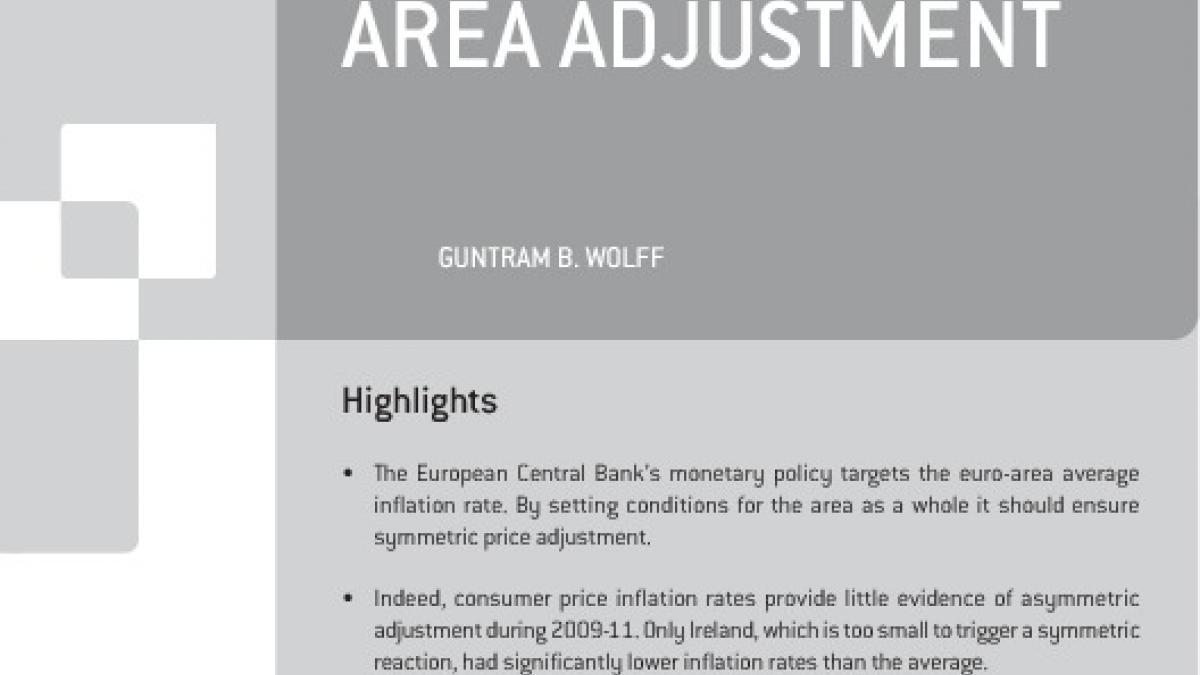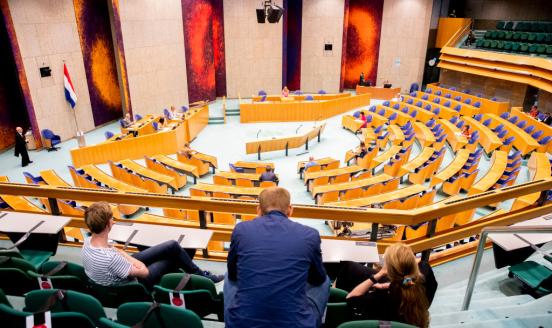Arithmetic is absolute: euro area adjustment
The European Central Bank’s monetary policy targets the euro-area average inflation rate. By setting conditions for the area as a whole it should ensu

The European Central Bank’s monetary policy targets the euro-area average inflation rate. By setting conditions for the area as a whole it should ensure symmetric price adjustment.
Indeed, consumer price inflation rates provide little evidence of asymmetric
adjustment during 2009-11. Only Ireland, which is too small to trigger a symmetric reaction, had significantly lower inflation rates than the average.
Some asymmetry is visible in total economy unit labour costs (ULC) during 2009- 11, whereas wages appear to develop more symmetrically. ULC adjustment has been largely disconnected from consumer price developments. This makes it difficult for the monetary transmission channel to operate fully and ensure consumer price adjustments. Structural reforms to remove price rigidities are key.
The forecast is worrying. While the European Commission forecasts that Greek inflation rates will fall, German and Italian inflation rates will not adjust in the right direction during 2012-13. Less inflation in Italy and more inflation in Germany are urgently needed to achieve rebalancing in the euro area."



